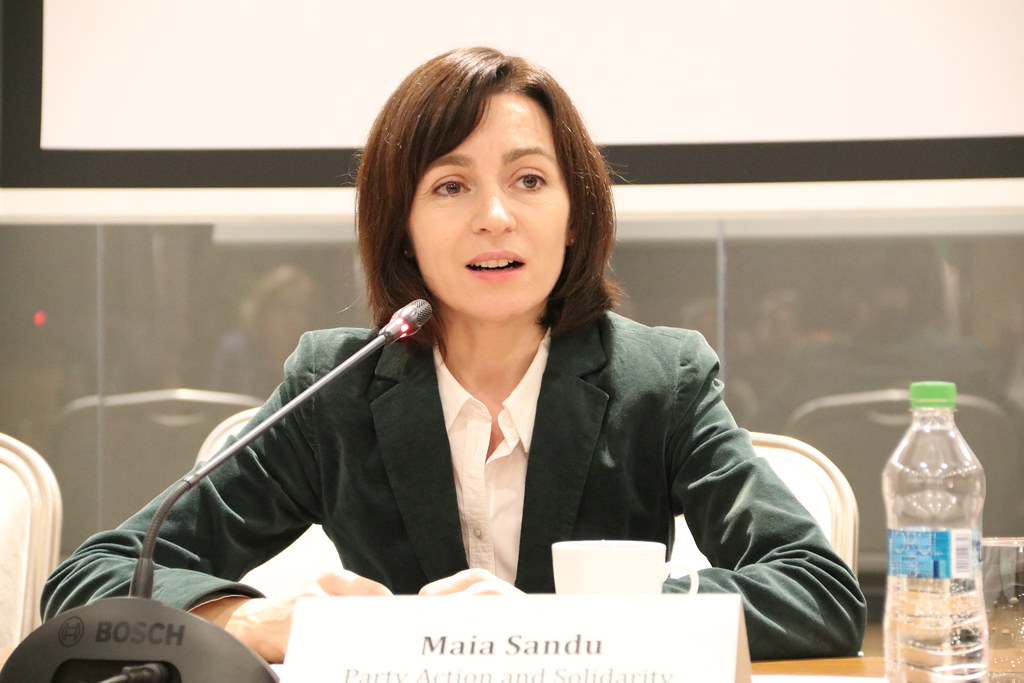Moldova's parliament rejects president's choice of government
A former World Bank economist, Sandu won a presidential election in November against the incumbent Igor Dodon, promising to fight entrenched corruption and improve relations with the European Union. But she has accused parliament, which is still dominated by lawmakers aligned with Dodon, of trying to sabotage her presidency and sees early parliamentary elections as a way of consolidating her power.

- Country:
- Moldova
Moldova's parliament failed to approve pro-Western President Maia Sandu's choice of a new government on Thursday, paving the way for a snap election which Sandu has welcomed as a chance to shore up her power against the pro-Moscow Socialist party. A former World Bank economist, Sandu won a presidential election in November against the incumbent Igor Dodon, promising to fight entrenched corruption and improve relations with the European Union.
But she has accused parliament, which is still dominated by lawmakers aligned with Dodon, of trying to sabotage her presidency and sees early parliamentary elections as a way of consolidating her power. Sandu nominated Natalia Gavrilita as prime minister in January. Gavrilita, 43, was finance minister when Sandu served as prime minister in 2019, in a government that fell in a no-confidence vote within months.
"I came to parliament not to ask for a vote of confidence, but to take a step towards early elections. Citizens voted for the dissolution of this parliament in the presidential elections, electing Maia Sandu," Gavrilita told the parliament. Under Moldovan law, Sandu is allowed to nominate a candidate to be prime minister, who has to be confirmed by parliament. If parliament rejects her choice twice in the space of 45 days, Sandu can dissolve parliament and set a date for a new election.
Moldova has been beset by instability and corruption scandals in recent years, including the disappearance of $1 billion from the banking system.
(This story has not been edited by Devdiscourse staff and is auto-generated from a syndicated feed.)
- READ MORE ON:
- Moldova
- Igor Dodon
- Maia Sandu
- World Bank
- Sandu
- Citizens
- European Union
- Moldovan
- Dodon
ALSO READ
Canada Ramps Up Efforts to Repatriate Citizens Amid Middle East Crisis
Aviation Turmoil: Rescuing Citizens Amid Middle East Crisis
Stranded but Safe: Nanded Citizens Amid West Asia Conflict
France Urges Citizens to Exit Iran Amid Safety Concerns
Swift Evacuation: China Rescues 470+ Citizens from Iran Conflict










